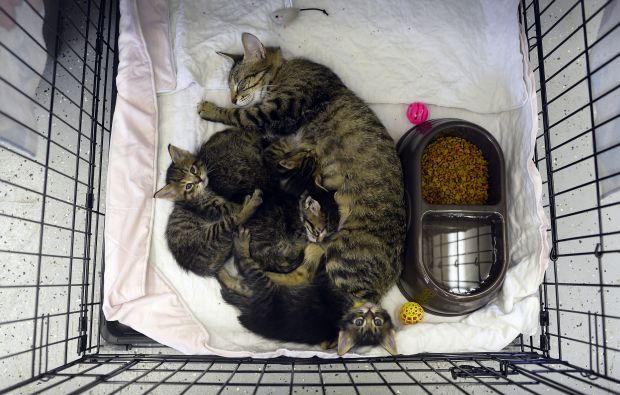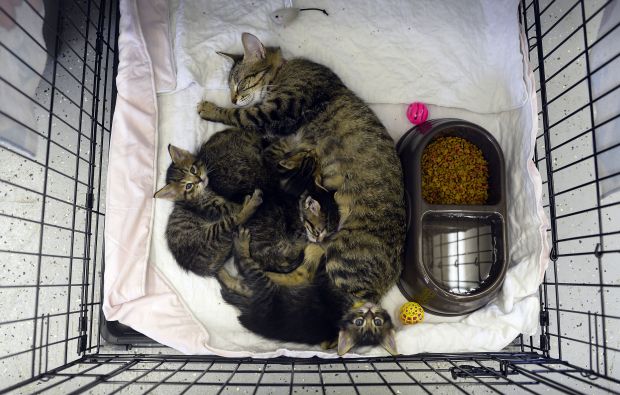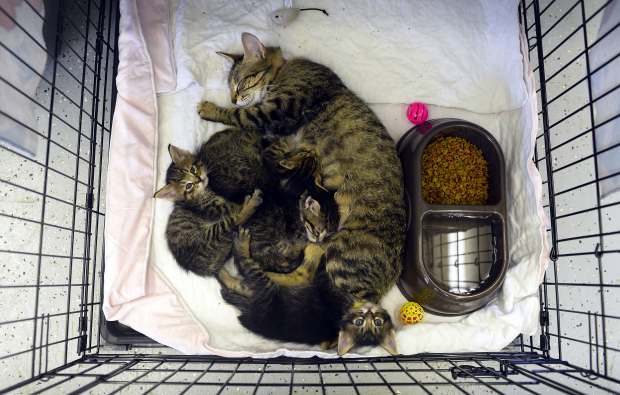The Lib Dems have been thoroughly ineffectual in the coalition. So much so that some of us — including Hugo Rifkind in this magazine — have asked why they bother to turn up for work. I wonder whether the Lib Dems press on with the coalition because they can’t face admitting to its failure. They are no better than an unhappy housewife, clinging to a loveless marriage because she believes she is happier trapped in a wretched partnership than on her own.
If this is the case, then Nick Clegg would do well to read Elizabeth Jenkins’s 1954 novel The Tortoise and the Hare. Achingly sad, but ultimately uplifting, this elegant book captures every minute detail of a brutally failing marriage.
Naive young Imogen is married to Evelyn, a domineering bully of a barrister. He speaks to her with a ‘faint, unconscious note of contempt’ in his voice that makes her ‘long wildly not only to be dead, but never to have been born’. And yet, while Imogen feels a ‘half-formed dread’ about their problems, she shies away from confronting them: ‘She dreaded to make the fatal movement that would bring down the avalanche.’
I’m sure Nick Clegg would sympathise with her hesitation, but both avalanches and failing marriages must at some point come crashing down. When Imogen — after many sleepless nights lying tearfully alone in the moonlight — at last agrees to give Evelyn a divorce, it comes as something of a relief rather than a terrible blow. Phew, thinks the reader, at least she’s faced it, done something rather than nothing, and now she can move on.
So the novel ends with the marriage over, and while it is sad to see that it has failed, the cloud has rather a substantial silver lining. Imogen gets her ‘room of one’s own’ when she moves into a lovely London flat with a ‘plain and graceful’ interior: ‘She had always loved and wanted rooms with just such elegance and simplicity.’ She finds that, now she’s not so eaten up by her ghastly marriage, she has masses of time to do whatever she wants, and looks for an occupation with the Women’s Voluntary Service (this was the Fifties, after all). The novel ends with Imogen saying to herself, determinedly, ‘I must improve … there is a very great deal to be done,’ a line which leaves us looking forward to the future rather than reaching wistfully back to the past or stagnating in the present.
Nick Clegg needs to follow Imogen’s example and face up to the miserable reality of his failing political marriage. The death throes are painful, but Elizabeth Jenkins assures us that once each party is allowed to go its separate way, the future will be more fulfilling. Of course there will be a lingering bitterness for the Lib Dems — this was their first time in power and they’ve messed it up — but Clegg should put this behind him and, like Imogen, look to the future. Indeed, he should make use of his new freedom to begin on the ‘very great deal to be done’ for the Lib Dems.
Got something to add? Join the discussion and comment below.
Get 10 issues for just $10
Subscribe to The Spectator Australia today for the next 10 magazine issues, plus full online access, for just $10.














Comments
Don't miss out
Join the conversation with other Spectator Australia readers. Subscribe to leave a comment.
SUBSCRIBEAlready a subscriber? Log in